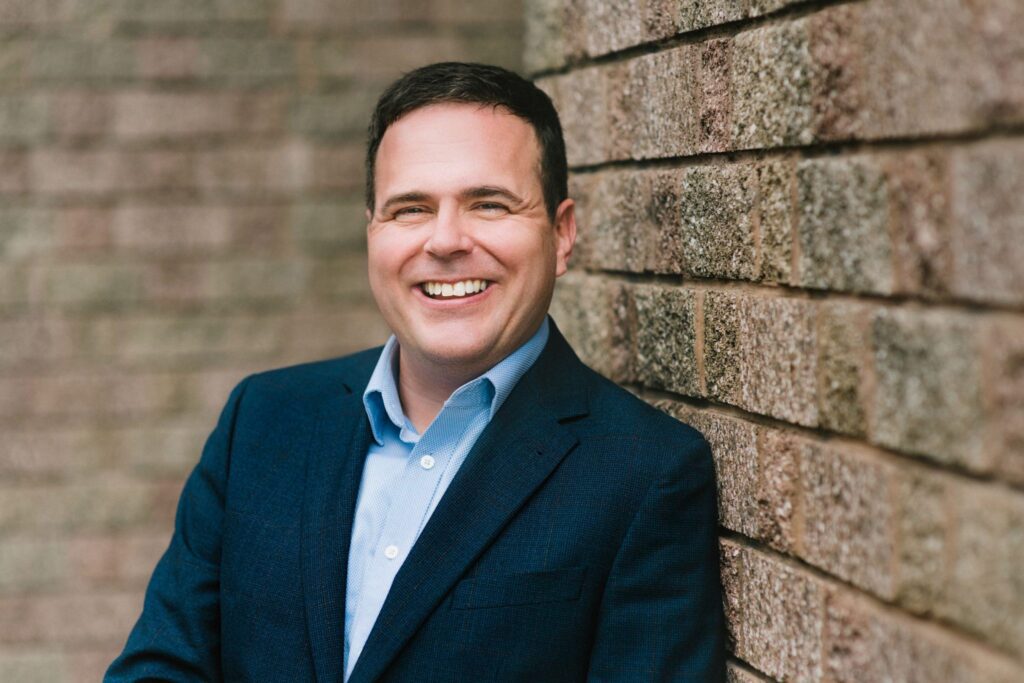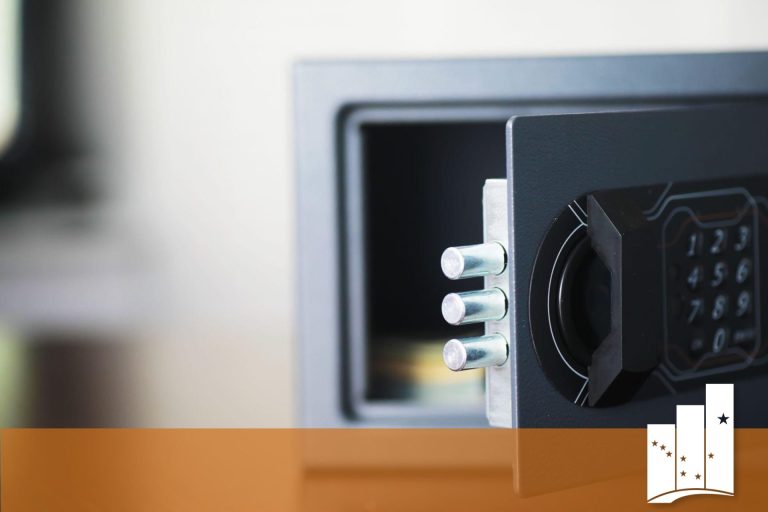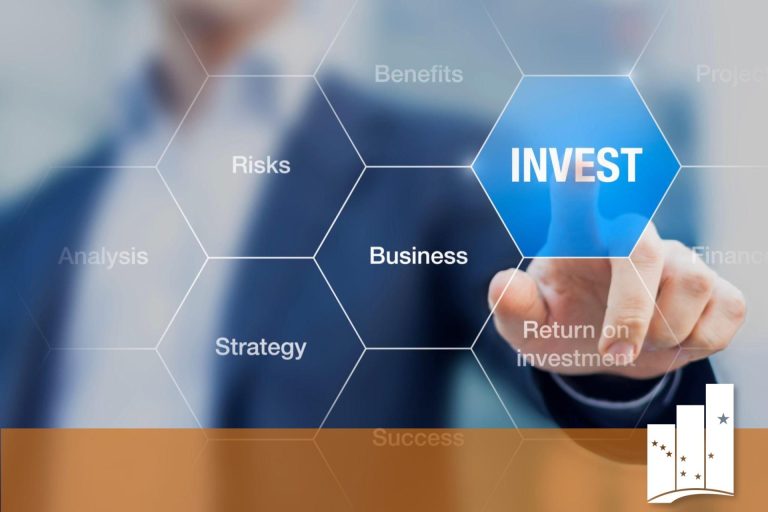The world, and our perception of it, has changed substantially in the last 30 days. The current situation with COVID-19 is the definition of the management acronym VUCA (Volatile, Uncertain, Complex, and Ambiguous). I could wax somewhat poetically about the economic implications of what’s happening, but it’s not useful right now. There will be time to talk about the economics after the dust settles and we are less cognitively and emotionally overloaded. As we’re all feeling stress and disruption in our daily lives, I’m taking off my economist hat and putting on my coaching hat in hope of giving you tools you can use to be positive and more resilient during times like this one.
I want you to know that as a teenager my family would have likely voted me as the last one to be working with leaders and organizations in a capacity that required listening, soft-skills and self-awareness. I’m living proof that the universe can have a strong sense of humor, and I’m trying to carry that humor forward every day.
Take the Time to Remember What’s Working Well
Resiliency is easier with a sense of optimism and gratitude, so it’s time to remember what’s working well. The news pipeline is overwhelmingly tough to look at right now, especially if you’re spending your time in the drip, drip, drip world of social media platforms. Absolutely make time to get updated from a reliable news source on a regular basis, but also make the time to remember that there are wins and opportunities out there. Here’s a short list that popped up in my mind:
- The supply lines necessary to restock our stores are intact and functioning. We’re not in a situation where the Port of Alaska has fallen into the ocean or the airports, highways, or utilities are down. Toilet paper is on the way, and there’s no shortage of light, heat, and water.
- Our state and local officials are “on it” and are showing highly competent and communicative leadership. Their staff are working around the clock to get Alaska and Alaskans ready. Testing times and testing supplies continue to be an issue.
- Alaskans and Americans are starting to “get it” and that’s ABSOLUTELY going to pay dividends in the future.
- The first test of a potential COVID vaccine started last week. We’re a year out, at minimum, from a fully deployable vaccine but the clock has started and early signs are that the virus isn’t mutating much which makes it a better candidate a successful vaccine.
- It’s the best part of “winter”. The temperatures are warming, the snow is inviting, and Alaska has millions of acres to recreate in which are fully “social distancing” compatible.
- We’re still here and there’s nothing stopping any of us from reaching out to a friend, a colleague, an emergency responder, a healthcare professional, or a loved one. You can choose to be that support that someone else needs.
- On Thursday, March 19 China reported no new local infections and the daily number of new infections and deaths in Italy has plateaued and may be starting to drop.
- Governments and scientists around the world are pursuing expedited trials on multiple drugs which have shown promise at treating the virus including some drugs which are decades-only generis which means they’re cheap, reliable, and readily available.
Writing down a list, or saying the items you identify out loud, is more effective when it comes to building a sense of optimism than simply thinking about a list.
Build and Defend Your Emotional Resiliency
Our brains are built to constantly scan for danger and assess our safety. Thousands of generations getting chased on the savannah by large predators and herbivores will do that for you. When stressed, the older and most primitive part of our brain takes over and we tend to make poor decisions. If you need absolute scientific proof, watch any horror movie. (Yes, that’s a joke. For a real discussion, click here for useful TEDx Talk.) You can protect yourself from the corrosive effects of periods of increased stress like the one we’re experiencing now by focusing on Nutrition, Exercise, Training, and Sleep (NETS). The NETS model is a product of the research of Dan Radecki, who is featured in the TED talk above, and Leonie Hull. Their model in brief:
Nutrition– There’s an increasing body of research which shows that good nutrition, particularly a diet high in good fats and antioxidants benefits the immune system and your brain. There’s also some evidence that intermittent fasting can help produce a more resilient brain by flipping a switch that sends the brain into “clean up mode” recycling debris and waste for future use.
Exercise– Regular exercise has a protective effect on the brain by increasing the availability of protective chemicals. These chemicals make our brain more resilient and effectively increasing the strength and durability of our higher-order portion of your brain involved in decision-making.
Training– In this case, Training refers to brain training through a mindfulness or meditation practice. Mindful states have been shown to lower rates of burnout, depression, and anxiety while increasing sleep quality and life satisfaction. I’m a new to meditation, but in my experience, it works wonders to reduce anxiety. Ping me directly if you want to know my favorite meditation app for your phone.
Sleep– Most adults need seven to eight hours of sleep a night on average, and most Americans don’t meet that standard. When we get quality sleep of sufficient duration it gives our brain time to enter what is called REM sleep. In REM sleep our brain filters, sorts, and decodes much of the information that it collected during the day. Impaired REM sleep, particularly over the long run, has a significant negative effect on our ability to manage stress.
Basically, your grandmother or wise Aunt had it right: eat right, exercise, be mindful, and get your sleep.
WIN- Be Mindful in the Moment
WIN stands for “What’s Important Now?”. With all the distractions and noise of the current environment, it can be very helpful for mindfully and intentionally focus on what’s important now. In short, what can I do today which is in my control which will either turn into “a win” or set me up for one? If you find yourself drifting and getting lost in the chaos of the moment, simply ask yourself “What’s important now?”
Closing
Thank you for reading this far. It’s challenging right now on many fronts and it’s likely to remain challenging for some time. However, we will at some point emerge on the other side. The markets will recover, we will gather again to break bread at our favorite restaurants, and we’ll hug our friends freely. Between here and there invest in your resiliency and the resiliency of those around you.
Jonathan’s Takeaway: Keep calm, carry on, wash your hands, reach out to a friend each day, and remember that a different day is coming which you have a role in creating.
Jonathan King is a consulting economist and Certified Professional Coach. His firm, Halcyon Consulting, is dedicated to helping clients reach their goals through accountability, integrity, and personal growth. Jonathan has 23 years of social science consulting experience including 16 years in Alaska. The comments in this blog do not necessarily represent the view of employers and clients past or present and are Jonathan’s alone. Suggested blog topics, constructive feedback, and comments are desired at askjonathan@apcm.net.
3/20/20







